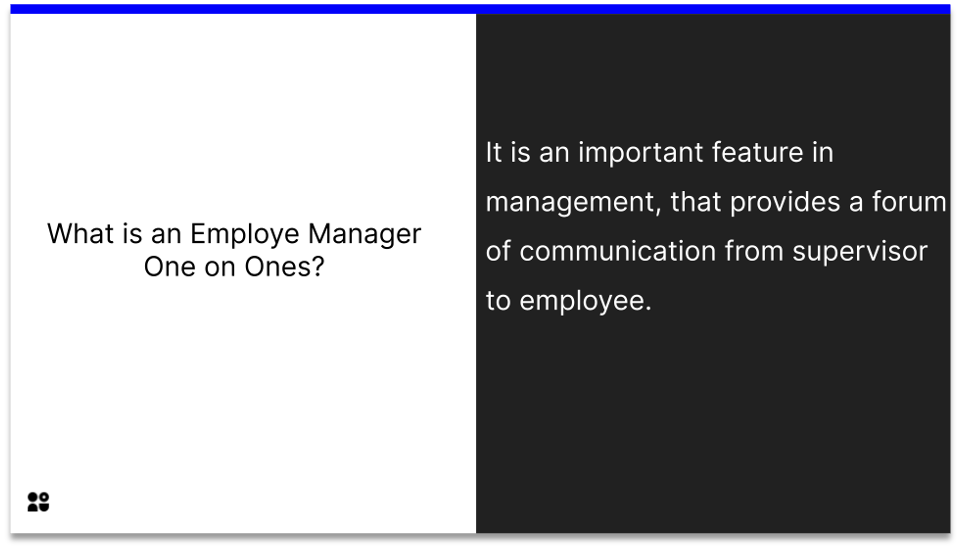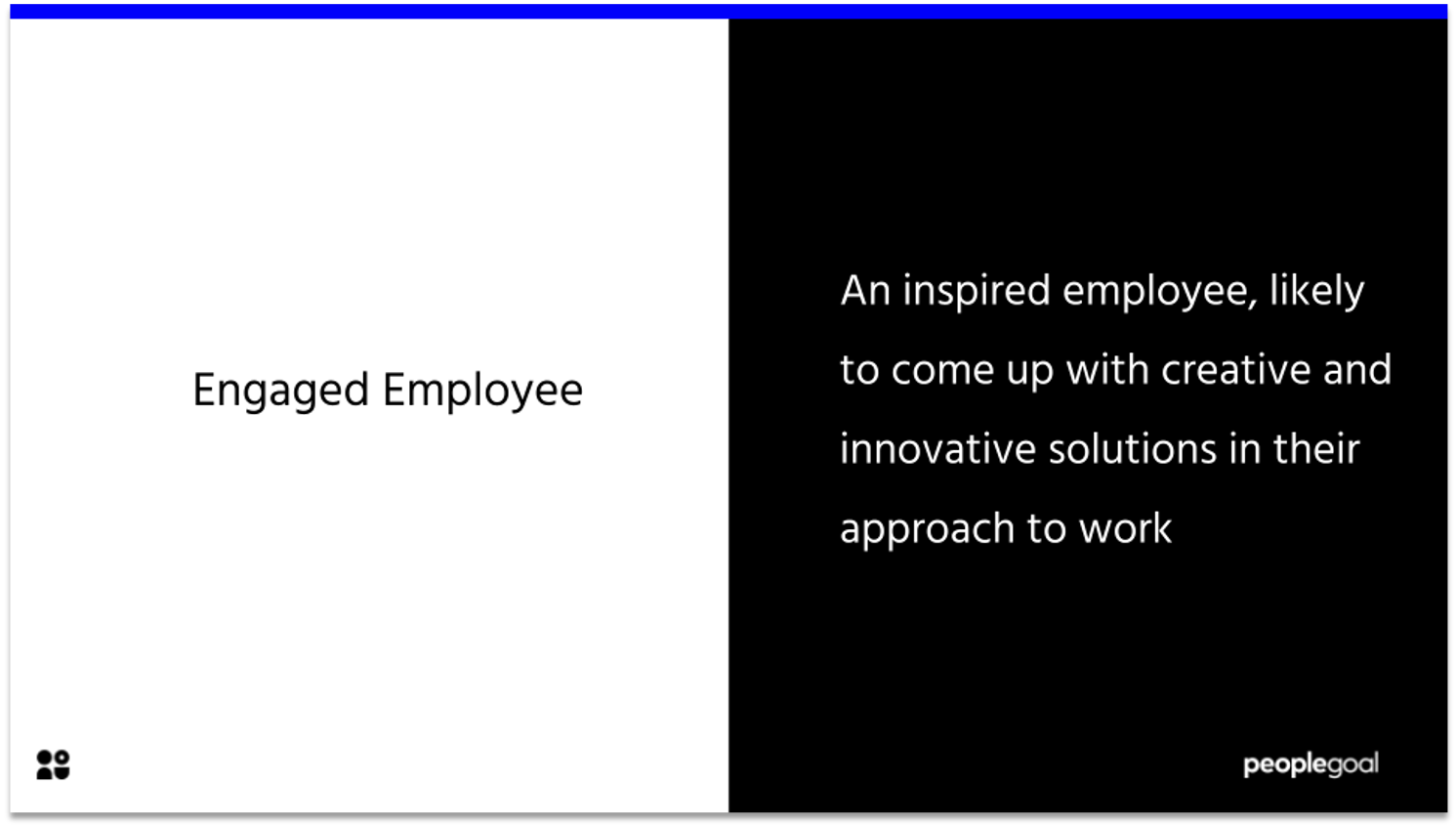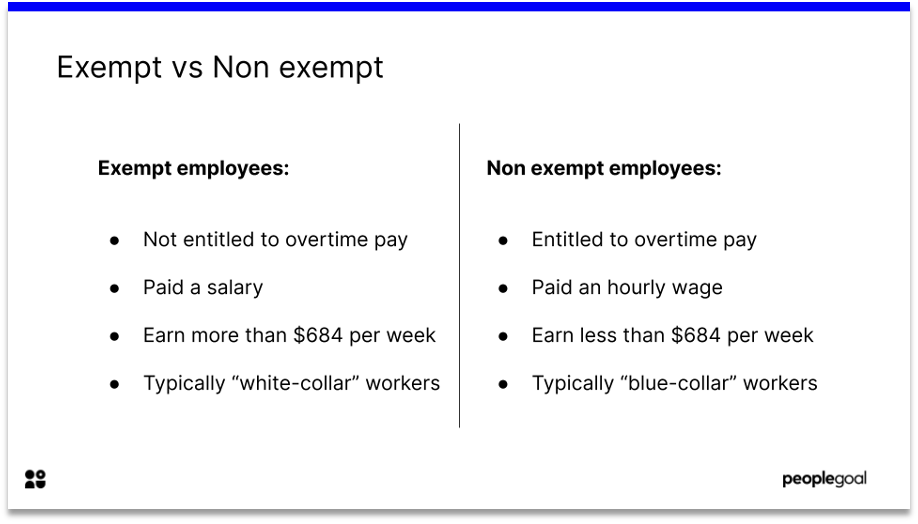What is employee engagement?
Let’s give you an abridged definition of employee engagement, as it is more likely you are here for the juicy bits below, dissecting why employee engagement is important, as opposed to what it is. Nonetheless, if you are interested, we have produced an in-depth definition looking at the nuances and differences in definitions as well as how to find out what employee engagement means in your company.

Top 9 reasons why employee engagement is the only thing that matters!
So here we have it. The good stuff. The stuff you’re really here for. Why is employee engagement important? Well, here it is;
1. More Productive Workforce
Gallup have suggested that employee engagement can result in up to 22% more productive employees! This comes from a meta-analysis looking at 1.4 million employees.
2. Improved Employee Retention
It’s simple. More engaged employees are more likely to stay with you. Research backs this up, indicating higher levels of employee engagement correlate strongly with employee retention.
3. Happier Employees
We spend the significant amount of our adult lives at work. Therefore, it follows that how we feel, and to what extent we feel engaged with our work, will have an effect on an individual’s wellbeing. Differences in ‘psychological’ happiness between engaged workers and actively disengaged employees is quite startling. Research also indicates higher levels of life satisfaction, lower emotional exhaustion and lower cynicism when individuals are engaged.
4. Healthier Employees
Research indicates correlations between low levels of engagement and the increased likelihood of ill health, depression, mental health, stress and burnout.
5. Greater Profitability
Forbes have been conducting research into the link employee engagement and profitability. Here are the top statistics to come out of their report. Highly engaged teams report up to 21% greater profitability. According to Forbes, disengaged employees cos US companies upward of $550 billion every year.
6. Being an employer of choice
Very engaging organizational cultures are attractive and highly sought after from the employee’s perspective. Being an employer of choice helps to attract and retain the top employees.
7. Reduced counter-productive behaviour
Counter-productive behaviour is, put simply, behaviour which damages the organization. Behaviour ranges from being resistant to change and criticizing organizational decisions, to acts of sabotage (theft for example). Studies have indicated a negative link between employee engagement and counter-productive behaviour. That is, the higher the levels of employee engagement in the organization, the less likely that counter-productive behaviour will occur.
8. Reduced Absenteeism
Why would you refrain from coming into work if you were engaged with it? Employees are less likely to be absent if they enjoy work. However, if someone isn’t engaged, they will try and spend less time at the organization.
9. Customer Experience and Loyalty
Research indicates a strong link between employee engagement, customer loyalty and customer experience. Studies have indicated that organizations with high employee engagement scores can have up to twice the levels of customer loyalty. The reasons behind this may be a combination of these factors:
- An engaged workforce provides better customer service.
- An engaged workforce provides better brand experience.
- An engaged workforce has a strong sense of customer focus.
Ready to 3x Your Teams' Performance?
Use the best performance management software to align goals, track progress, and boost employee engagement.






